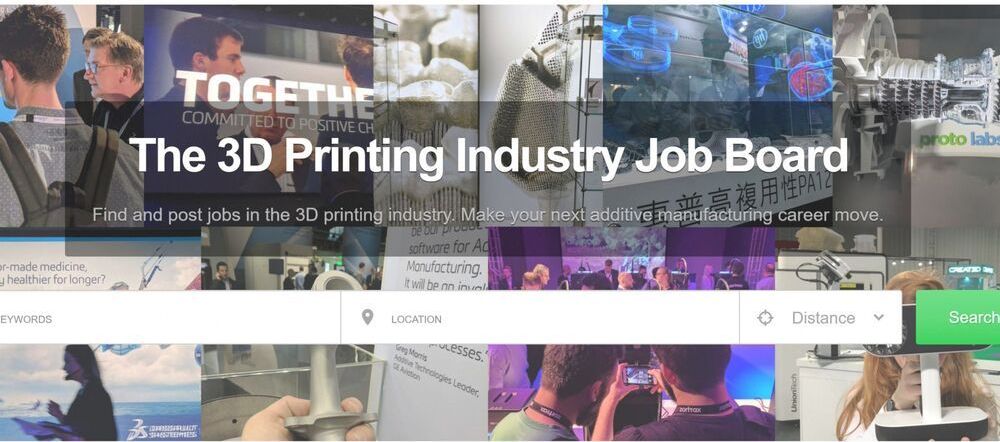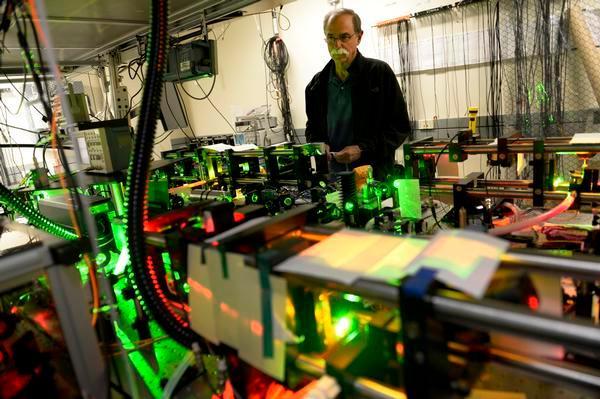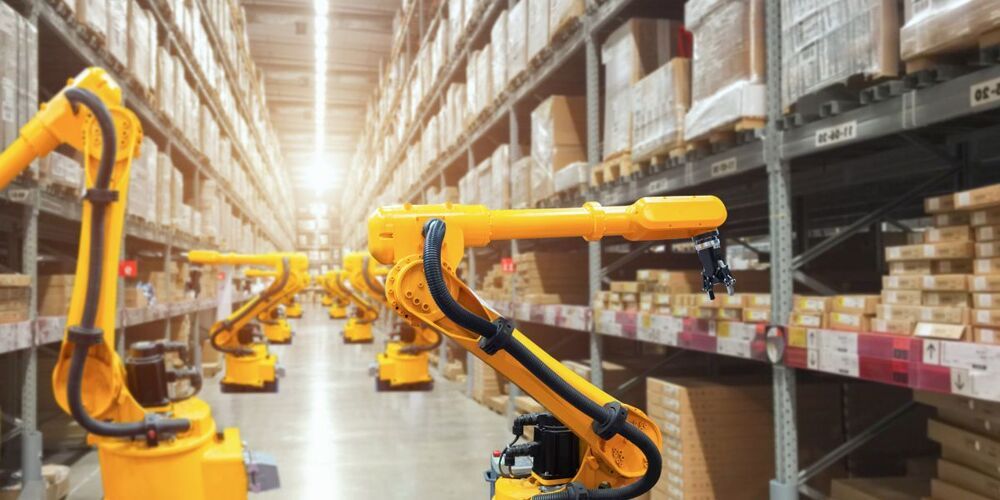Recording artist Akon has big plans for his upcoming smart city in Senegal. The new $6 billion development is called Akon City and will fulfill the star’s wish to provide a refuge for members of the African Diaspora both near and far. In addition to the 2000-acre resort, condos, and stadium, the metropolis is also planned to run on renewable energy and mainly use Akoin—the singer’s own cryptocurrency. After two years of planning and development, Akon has announced that they are breaking ground in 2021.
Akon believes that Africa, and his home of Senegal especially, is long overdue for economic investment. He is calling the forthcoming locale a “real-life Wakanda” and plans for it include a tech hub and “Senewood” to develop the film industry. Imagery by Bakri & Associates visualizes the unusual and futuristic forms that define the development and complement Akon’s forward-thinking choices.
This massive construction undertaking is geared towards stimulating the local economy and creating jobs for local workers. Many have praised this and are excited for the prospect of Akon City. But there are also some skeptics. Papa Massama Thiaw, a councilor and president of the youth commission for Ngueniene, shared that though many community members are optimistic, there is a lot of uncertainty. “The studies that were done were not in collaboration with the commune of Ngueniene,” he says. He also fears that jobs won’t be equally distributed. “I don’t want us to be just day laborers. We have to be among the managers.”





